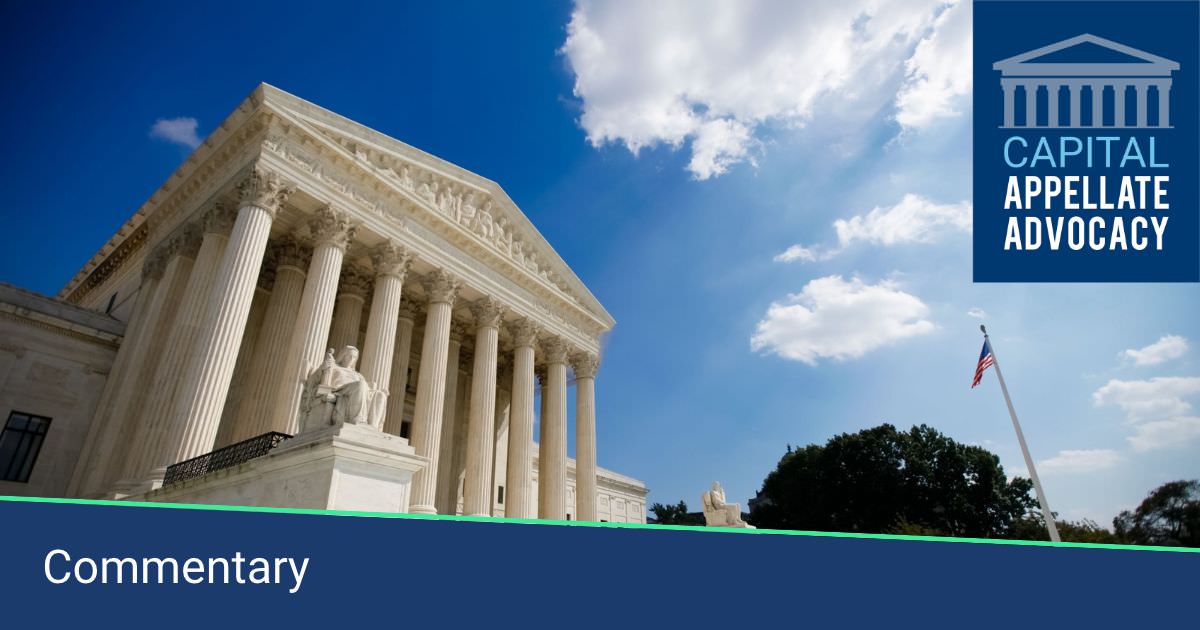“What could be better than a federal judge’s open invitation that not only offers a junior attorney the incentive to be the principal author of a brie, but also the rare opportunity to present oral argument on behalf of an amicus curiae?”
On March 21, 2023, Judge Lee P. Rudofsky of the U.S. District Court for the Eastern District of Arkansas issued an Order On Amicus Briefs.
This unusual standing order states that “[a]nyone who is the principal drafter of an amicus brief on either a dispositive motion or a motion for preliminary relief in one of my cases will be guaranteed at least ten (10) minutes of oral argument time so long as the person has been a lawyer for fewer than seven (7) years.”
The vast majority of amicus briefs are filed in appellate courts. But District Judge Rudofsky’s order states that he invites and is “grateful for amicus briefs in [his] cases.”
As a frequent filer of amicus briefs on behalf of the Atlantic Legal Foundation, I was intrigued by Judge Rudofsky’s order. So I have written a Law360 Expert Analysis that not only commends the order, but also raises some questions from an appellate practitioner’s point of view.
My article asks, for example, “what exactly does it mean for an attorney with fewer than seven years of experience to be the principal drafter of an amicus brief?”
I explain that “as part of a constructive, collaborative learning process, less-experienced attorneys’ drafts almost always are edited, often heavily, by their supervisory colleagues, and sometimes by clients. How much redlining is too much redlining to disqualify a junior attorney from being viewed as the principal drafter of a brief for purposes of the amicus invitation order?”
I also ask: “Who will be the actual amicus curiae? If the amicus party is a nonprofit advocacy group, trade association or individual corporation, will it be amenable to having an amicus brief principally drafted by a junior attorney?” Along the same lines, “will a law firm be willing to allow the principal author of an amicus brief to work pro bono, and also be willing to absorb travel expenses to appear in Judge Rudofksy’s courtroom to present a 10-minute oral argument?”
My commentary concludes with a suggestion: “Judge Rudofsky should consider implementing his order on a case-by-case basis by identifying the cases where amicus briefing is desired, and the specific topics that amicus briefs should address. Doing so not only would be helpful to prospective amici and their attorneys, but also would enhance the benefits of the amicus invitation order, and perhaps serve as a model for other district courts to adopt.”

